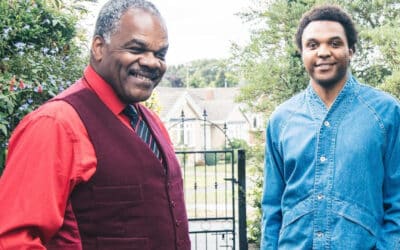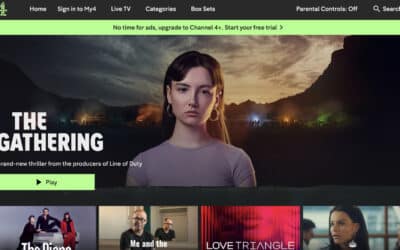From losing out on jobs because of their ethnicity to a pressure to work late to rise through the ranks, some of the North’s black, Asian and ethnic minorities have opened up about some of their stark experiences working across marketing, digital and PR.
“I’ve experienced prejudice and pushback,” Lisa Maynard-Atem, non-executive director for MBH Corporation and EDI advocate, tells Prolific North. “I have been turned down for jobs because I’m black.”
After working across digital and marketing for a number of brands for decades, one particular interview encounter will always stand out. After getting down to the final two at a job interview, she didn’t land the role but five months later, a senior staffer at the company gave her a call out of the blue.
“He told me that I was the best candidate for the job but the owner of the business didn’t like people of colour. He especially didn’t like black people – that’s why I didn’t get the job.”
It doesn’t end there. After she went to an interview, she was told didn’t “come across as black” on her CV. “How is a black person supposed to come across on a CV?!” she asks.
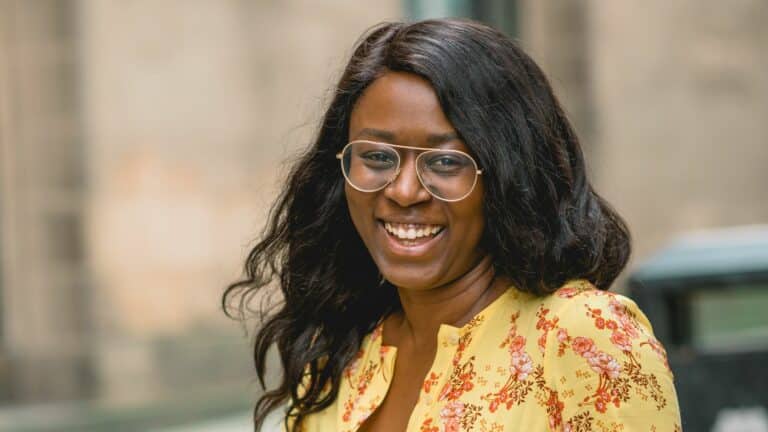
It’s an experience Mirage Islam, senior lecturer in digital marketing and innovation lead at the University of Salford’s Business School, is familiar with.
“If you have a certain name or surname that doesn’t fit what people look for, people do get ruled out. I’ve seen it happen based on: ‘Oh, they just won’t be right’. That’s without meeting the individual or trying to find out if they’re suitable for that role.”
According to a 2023 survey carried out by Statista of more than 3,000 marketers across the UK, 84% reported they were of white ethnicity, 6.5% said they were Asian, while only 1.8% marketers reported they were black.
Digging deeper into those figures across 2021-23, the number of marketers across black, Asian or ethnic minority groups appears to have slumped this year in comparison with 2022.
“If you look at the marketing and advertising industry, you only have to go to awards events to see the lack of diversity in the room,” says Islam. “Often on the agency side especially, and on the communications side, it’s not diverse.
“The old adage in the past was that people hire in a mirror image of themselves. If you have a recruitment process whereby you’re only hiring people who look like you, or they went to the same university as you, you’re ruling out a huge tranche of potential talent.”
“I didn’t feel represented at all”
Fed up with the guise of chatter about diversity, staff across the North are urging for action – not just words – for greater representation and better opportunities across their industries.
“As a black woman, it feels like there’s a lot of talk but there’s very little action,” explains a frustrated Maynard-Atem. “This is a lived experience for me, I don’t get to talk about this and walk away, I have to live this as do many other people from marginalised communities.”
The talent is out there, says Islam, who adds that over 59% of students from the University of Salford’s Business school are from black, Asian and ethnic minority backgrounds. But they face big challenges when they graduate.
“For agencies and companies to say that the talent is not out there, I think that’s a bit lazy,” he says. “I come across exceptional students but we’ll probably have some that might think about going freelance because they can’t just break into the industry.”
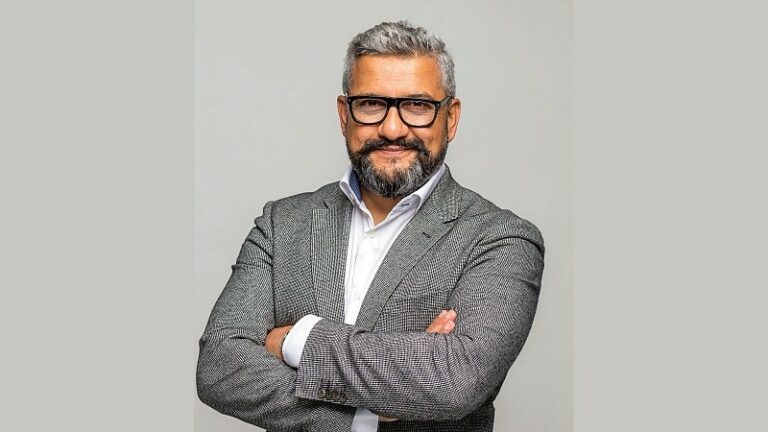
Jaheed Hussain is one of those former students from the University of Salford.
“When I’d try unconventional means to get my foot in the door, like heading directly to a creative studio and speaking face-to-face, I didn’t feel represented at all. In fact, a majority of places of note didn’t, and still don’t, employ people of colour in creative roles.”
During university, he started a university project into diversity across the creative industry which eventually led to him launching a platform called Fuse. Inspired by his own setbacks in the creative industry, his platform is now supporting other underrepresented creatives.
For Tamara Samuel, senior digital PR executive at Rise at Seven, although she personally had “unwavering support” through diverse mentorship and work experience when first entering the PR world, she recognises it’s not the same for everyone.
“Routes to enter the industry need to be evaluated,” she explains. Barriers in the form of unpaid internships are hindering young talent from entering the industry, often unable to afford those opportunities.
“More opportunities, for support and growth, are needed especially in the sectors of the industry where there is limited representation for minority groups.”
But those opportunities need to be the right ones, explains a passionate Nadia Mursal, director of performance and operations at Yorkshire agency IFF Digital.
“We’re not a tick box,” she asserts. “It’s making sure that the agencies are doing it right. Hiring two black people doesn’t make you diverse. There needs to be education, to be fully diverse you have to understand that the best person for the job is the best one on their CV, their skin colour doesn’t matter.
“I’ve often been the only black person in the office across the number of agencies I’ve worked at. I just felt like: “I don’t understand this?”
It’s an experience shared by Claire Quansah, founder of Quansah Consulting who has worked across global comms and PR agencies, when first entering the industry more than 15 years ago.
“Out of two people on my graduate scheme, we were both black women. I think that was quite rare in itself and gave me a bit of a false sense of security in terms of how far ahead the sector was.”
Manpreet Singh, founder of Leeds-based Bobble Digital, recalls initially feeling “shocked” at the beginning of his career with the lack of diversity across agencies but says representation has “come a long way”.
“I used to bring my culture to the offices by bringing in samosas for everyone as treats for charity,” he recalls. “I let my results and work do the talking for me so that people then just saw me as a specialist as opposed to ‘oh, that’s Manny, he wears a turban’.”
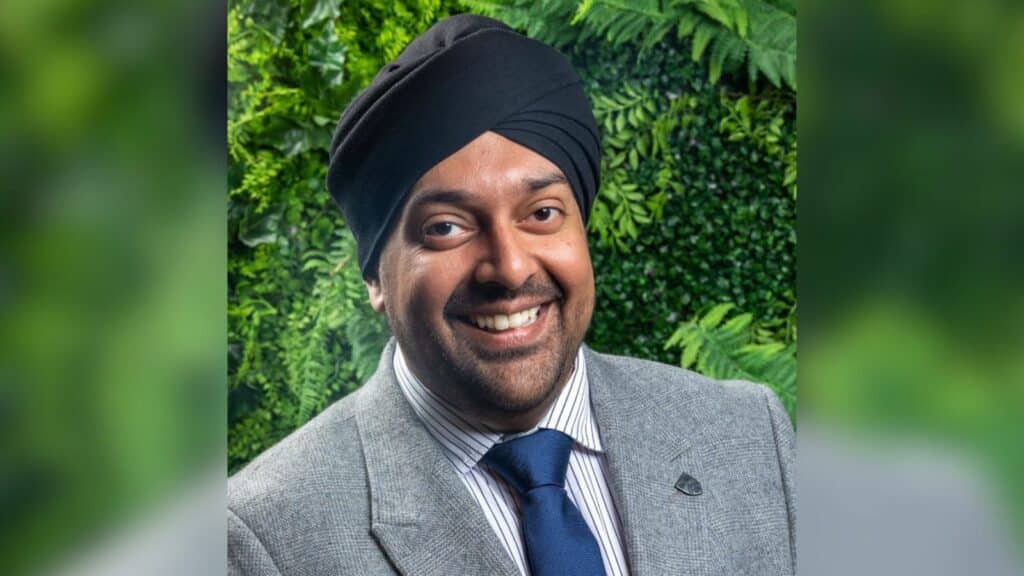
But it isn’t just about encouraging the next generation of talent into these sectors, the opportunities for progression are just as important, from senior roles to the boardroom.
“So much attention is paid towards junior people and getting people but attention needs to be given to progressing people and retaining them in the sector,” says Quansah.
“It’s difficult to be a black woman in a senior position”
According to IPA’s agency census released earlier this year, although there has been a rise of 11.2% of employees in C-suite positions from black, Asian and ethnic minority backgrounds, there’s still an ethnicity pay gap of 21.1% in favour of white employees.
This has remained largely unchanged from 2021’s figures. The findings reflect the low levels of diverse representation at the upper end of the seniority scale.
Clearly there’s still more to do. Things are changing but “they’re not changing at the pace that they should be changing,” says Maynard-Atem.
“When you don’t see any meaningful change or action, you do just come to the conclusion that they’re just words. I hate to say it but people don’t really mean what they say.”
Whether it’s being overlooked in conversations or battling for promotions, Mursal has had to work twice as hard as other staff in previous roles.
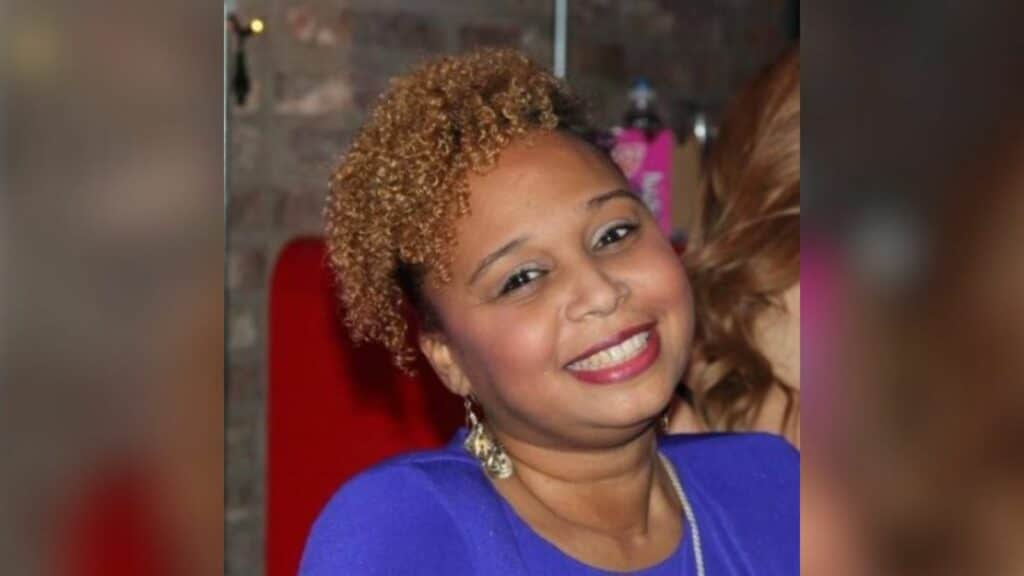
“Being a black woman in this industry is very difficult, especially to be a black woman in a senior management position,” she explains.
“White male colleagues were being promoted above me. If I wasn’t working until seven or eight at night or at my desk until after hours, they’d ask if I was okay. I was the last one in the office all the time but it was the only way that I was seen to be working hard.
“If there was a strict criteria for promotion, it would make things fair for everybody. If you do that, you will probably see more black men and women in those higher positions.”
Although Quansah sheds her own experiences in a positive light, backed by supportive bosses without having to battle for promotions, she has noticed it isn’t the same for everyone.
“I worked hard but I was rewarded and recognised for it. Even though I kind of knew as an ethnic minority we had to work harder, it paid off for me but not everybody has it as good as I did.”
As a member of Rise at Seven’s DE&I committee, Samuel feels that active change needs to come from the top.
“We need to see an increase in diverse members on boards and in senior teams to help improve the alarming stats we see about the industry,” she explains.
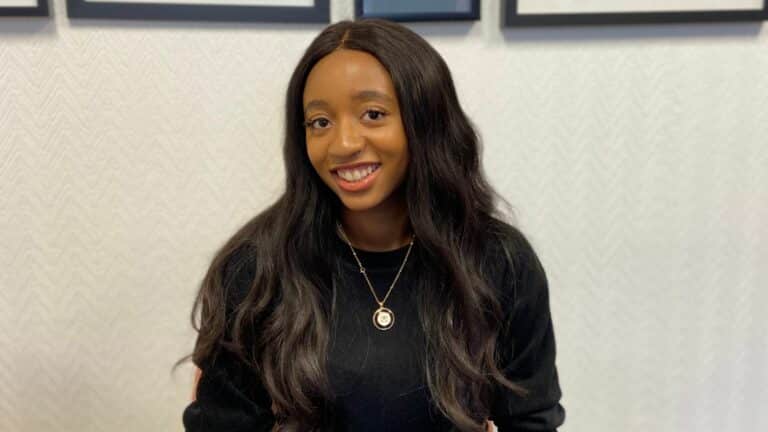
“Companies should also assess their culture once new members have joined, is it inclusive? Employees within the company should feel comfortable enough to speak up about the causes that matter to them and be given the opportunity to evoke change.”
The Black United Representation Network (BURN), of which Maynard-Atem is a founding member and former MD, runs a programme called board apprentice to support people with senior management experience by shadowing boards for 12 months.
“It’s not like the avenues aren’t there for organisations to ensure that there is more equality at the top tables, but it’s not happening,” she says.
But having the right people on those boards to actively voice concerns and campaign for that change is crucial.
“There was one black male in senior management on the board in one of the agencies I worked at but the other 12 people were white males. It felt like he just agreed with them, because it was easier just to agree than actually stand up and fight,” reflects Mursal.
“I spoke to this guy quite often and asked: ‘Why don’t you do more? Why don’t you say more?’ He said, ‘Well, I feel I do what I can.’ I think that’s the difference between just having a diverse boardroom and actually having a diverse boardroom that benefits the business.”
Islam agrees: “Many of the organisations that I deal with, and have dealt with, when you get to that senior leadership team and C-suite it’s a stark contrast to what the website might see in terms of their commitment. I think that’s where we need to make a big change.”
What needs to change?
“There’s always room to improve and it has gradually improved. There’s a lot of organisations out there who do powerful, impactful work,” says Hussain. “From my own experiences of working in multiple creative businesses, there’s a need for better representation at all levels.”
For Singh, there should be more visibility of diverse leaders to empower the next generation to rise through the ranks, starting with apprenticeship or graduate schemes. He adds more awareness at university and at family level about how viable a career in digital or marketing is can help too.
“That diversity is only going to come from the younger generation, after me,” he explains. “You can’t get someone to come in at the age of 45, who comes from an Indian background, who’s predominantly worked in law to then work in marketing. You have to start from the bottom.
“Coming from an Indian background and being the CEO of an agency that’s now well known within Leeds helps break down barriers for others. We do need more people at senior levels making more noise on platforms like LinkedIn.
“The bigger agencies lead the way but us smaller agencies that are growing, we’ve got to step up as well and showcase inclusivity where we can.”
As a mentor on The Xec Leadership Programme, which is open to black, Asian and ethnic minority PR and comms pros to increase boardroom diversity, Quansah says more initiatives are needed like this to try and retain talented, senior people in the sector.
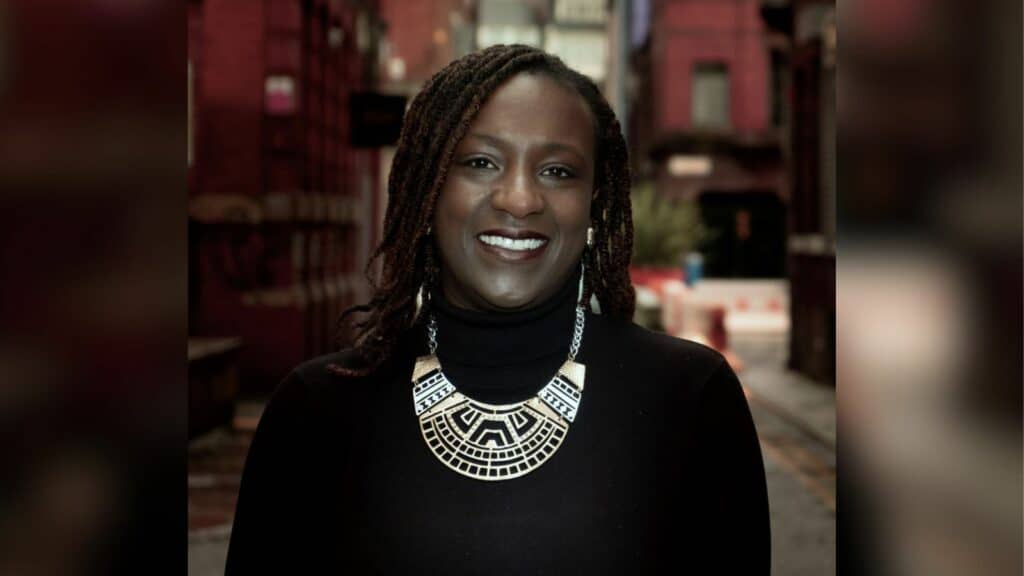
“People have gone on to get promotions because they’ve been given the skills to do it. We definitely need more people from outside of London applying for it but it takes their bosses backing them.”
There needs to be greater accountability for companies when it comes to diversity claims too. She points to The Blueprint diversity mark, which helps organisations attract, retain and nurture staff, which only one Manchester agency currently has.
“It’s not just about getting people through the door. It’s creating an environment where they can thrive and succeed. That’s really important and that’s the challenge for senior management,” adds Islam, who is working on developing relationships with creative organisations and agencies to build up skills and connections for students at the University of Salford.
“Things are definitely changing, slowly, but we need to do more.”
Mentorship is a driving force for change too, says Mursal, as a member of mentoring platform Bloom which supports and connects those working across the marketing and communications industry.
Visible mentors and work experience are what have been “pivotal” for Samuel’s career so far.
“Having diverse mentors from a variety of backgrounds gives me perspective on their experiences and a well-rounded view of the industry.
“Organisations like the UK Black Comms Network (BCN) have also allowed me to connect with like-minded peers. Seeing and hearing from people that look like me in roles I aspire to, gives me confidence in my career.”
Quansah adds: “For a sector that is tasked with communicating with the public (through PR, advertising or other channels), doesn’t it make sense to do a better job of representing the public we are trying to reach? Plus, more clients are asking for diverse agency teams, so there’s a commercial benefit too.
“Regardless of how many policies, slogans or things that you create, you have to put them into action. Put your money where your mouth is and actually do something about it.”




